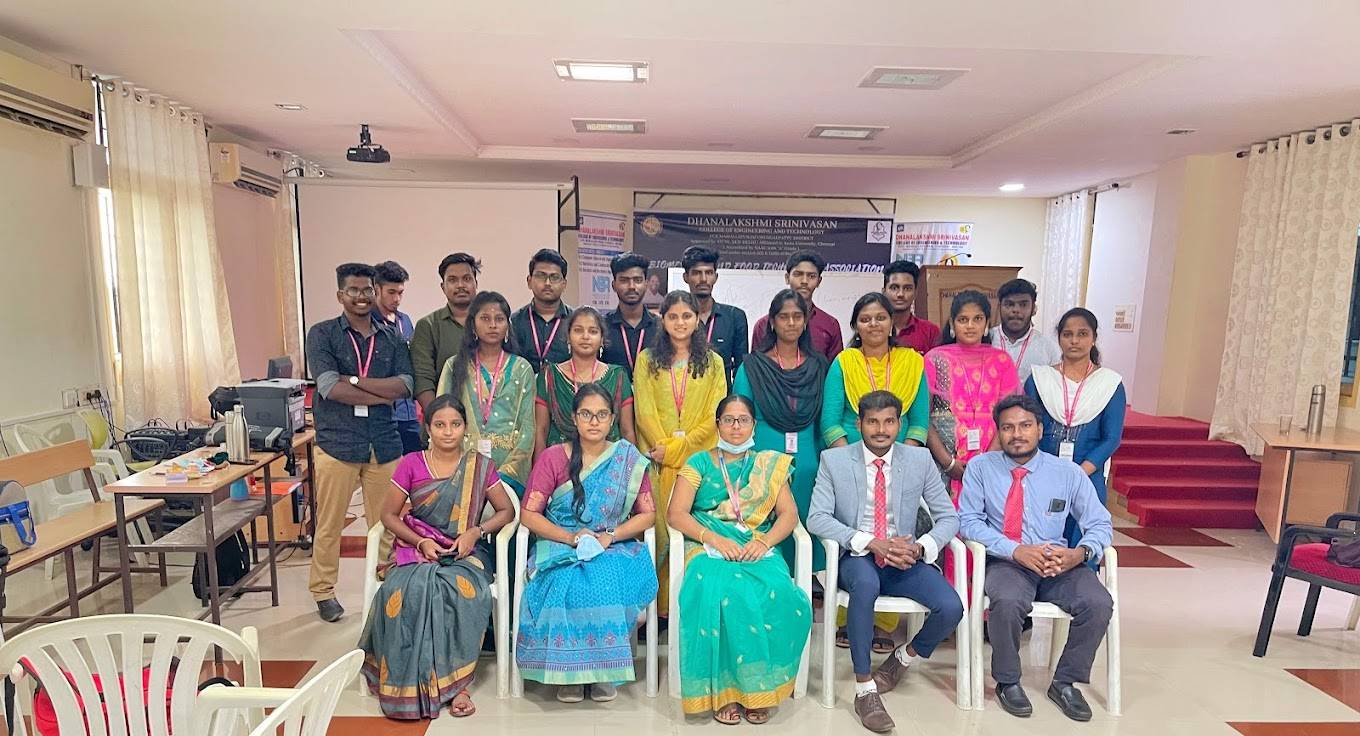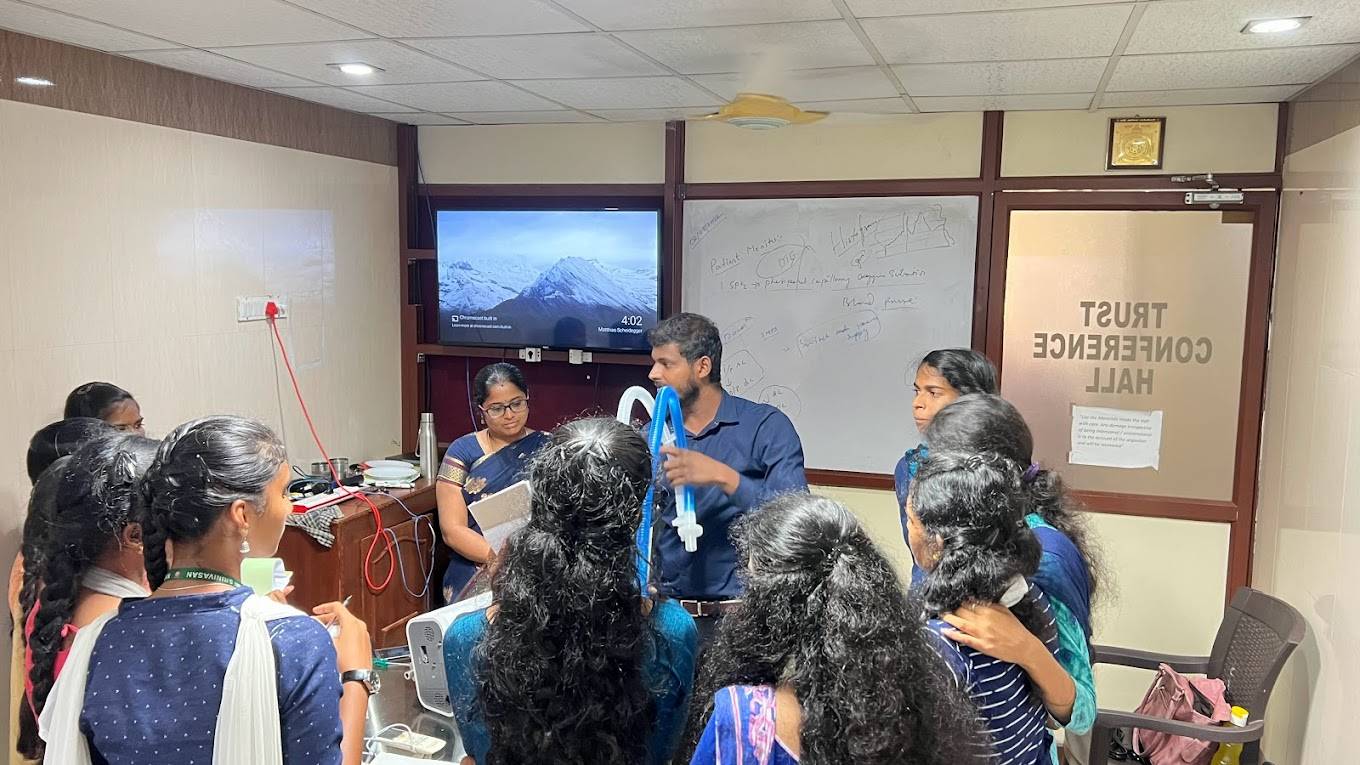Case overview
This case overview presents an analysis of General Health Care’s clinical laboratory support services.General Health Care is a prominent healthcare company that provides a wide range of medical services, including diagnostic testing and laboratory support. The company’s clinical laboratory support plays a crucial role in aiding healthcare professionals in accurate diagnoses and treatment plans. This overview explores the key aspects of General Health Care’s clinical laboratory support, including its services, technologies, quality assurance measures, and potential challenges

- Services: General Health Care’s clinical laboratory support offers a comprehensive array of diagnostic services to assist healthcare providers. These services include:
a) Routine Testing: The company performs standard tests such as blood chemistry, complete blood count (CBC), lipid profiles, urinalysis, and coagulation studies.
b) Specialized Testing: General Health Care’s laboratory support also conducts specialized tests like genetic testing, hormone assays, microbiology cultures, and immunological analyses.
c) Pathology Services: The company provides histopathology, cytology, and molecular pathology services to aid in the detection and diagnosis of various diseases.
d) Blood Banking: General Health Care maintains a blood bank, ensuring the availability of blood products for transfusions and emergency situations.
- Technologies: General Health Care employs state-of-the-art technologies and equipment to perform accurate and efficient laboratory testing. These may include:
a) Automated Analyzers: The company utilizes automated analyzers for high-throughput testing, enhancing efficiency and reducing turnaround times.
b) Molecular Diagnostic Tools: General Health Care employs polymerase chain reaction (PCR), next-generation sequencing (NGS), and other molecular techniques for advanced genetic and infectious disease testing.
c) Imaging and Microscopy: The company employs advanced imaging and microscopy techniques to aid in pathology and cytology examinations.
d) Laboratory Information Systems (LIS): General Health Care utilizes LIS to manage patient information, test orders, and results, ensuring seamless integration between the laboratory and healthcare providers.

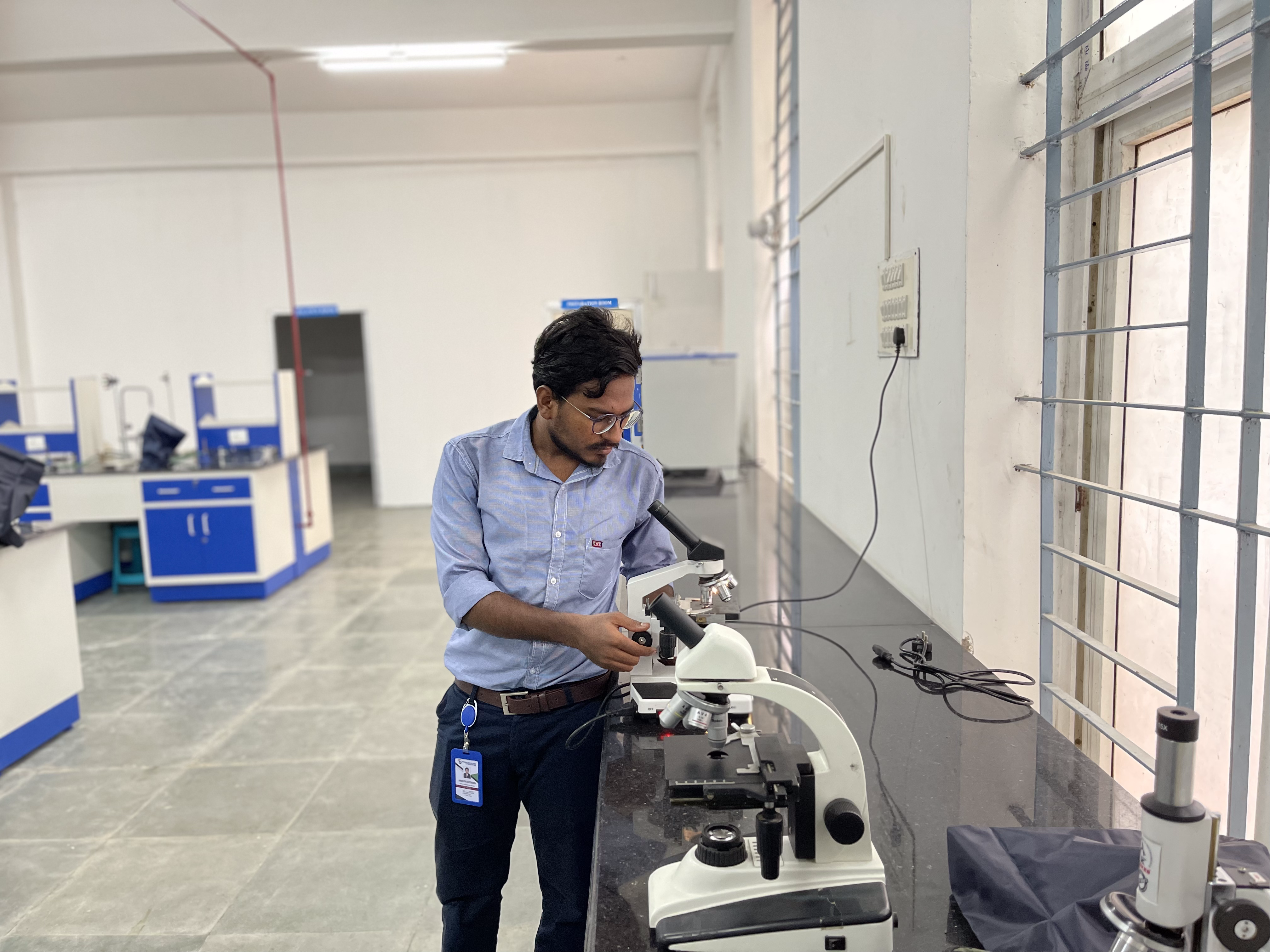
- Quality Assurance: General Health Care places significant emphasis on maintaining high-quality standards within its clinical laboratory support. The company implements various quality assurance measures, including:
a) Accreditation: The laboratory support services are accredited by reputable organizations, such as the College of American Pathologists (CAP) or Clinical Laboratory Improvement Amendments (CLIA), ensuring compliance with rigorous quality standards.
b) Quality Control: Regular quality control measures are implemented to monitor the accuracy and reliability of laboratory tests. This includes running control samples, participating in proficiency testing programs, and performing internal audits.
c) Personnel Training: General Health Care invests in the continuous training and professional development of laboratory staff to ensure their proficiency in performing tests and using cutting-edge technologies.
- Challenges: While General Health Care strives to provide high-quality clinical laboratory support, several challenges may arise:
a) Regulatory Compliance: The company must adhere to evolving regulatory guidelines and standards, ensuring compliance with local, state, and federal regulations.
b) Staffing and Workforce Management: Maintaining a skilled and sufficient workforce can be a challenge, especially during peak demand periods or when dealing with staff turnover.
c) Technological Advancements: As new technologies emerge, General Health Care must stay updated and invest in the latest equipment and tools to provide accurate and efficient diagnostic services.
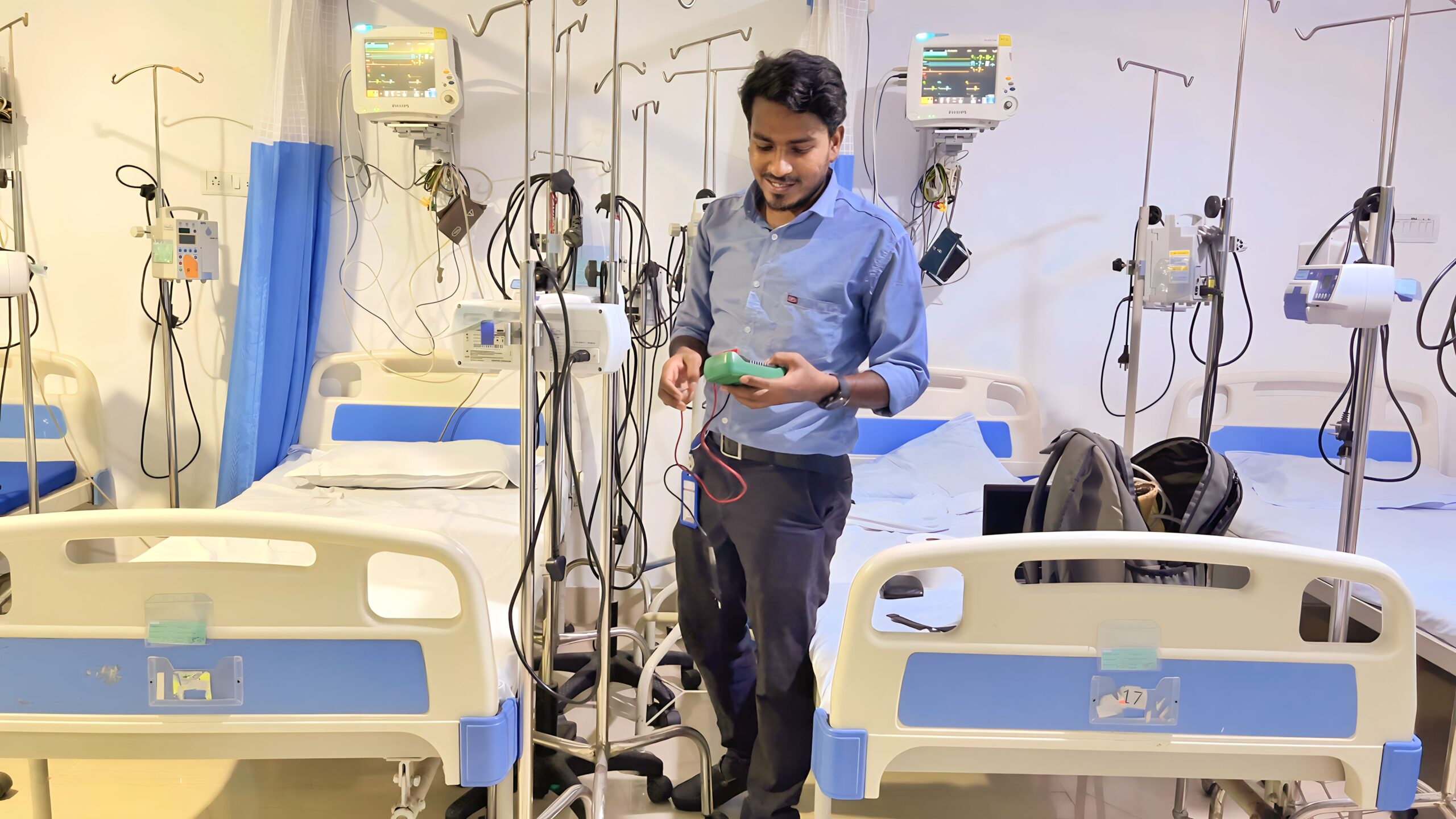
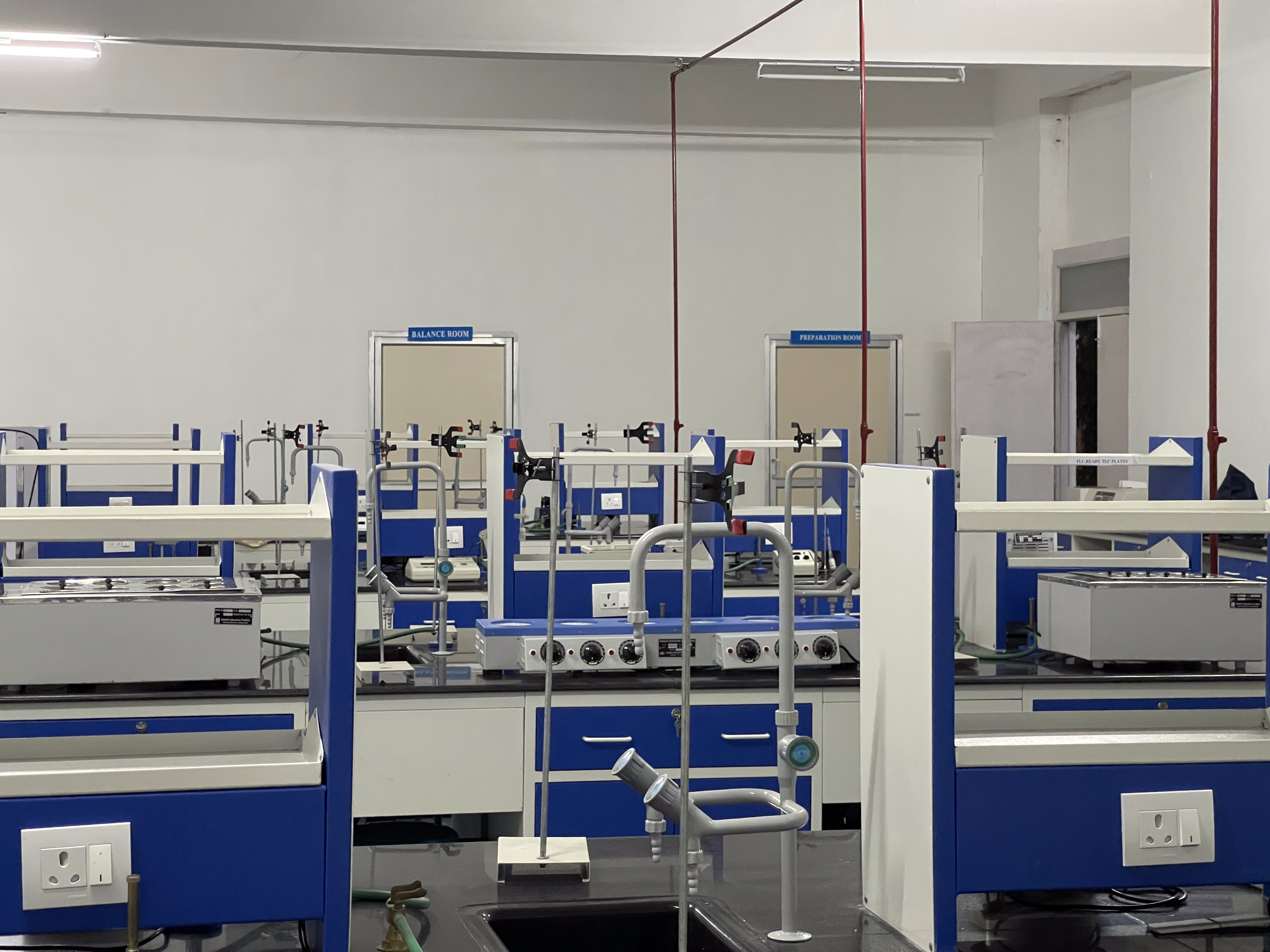
Conclusion
General Health Care’s clinical laboratory support plays a vital role in supporting healthcare professionals in delivering quality patient care. By offering a comprehensive range of diagnostic services, leveraging advanced technologies, and implementing robust quality assurance measures, the company aims to provide accurate and timely laboratory testing. However, ongoing attention to regulatory compliance, workforce management, and technological advancements is essential to ensure the sustained effectiveness and success of General Health Care’s clinical laboratory support.
CALENDAR
| M | T | W | T | F | S | S |
|---|---|---|---|---|---|---|
| 1 | ||||||
| 2 | 3 | 4 | 5 | 6 | 7 | 8 |
| 9 | 10 | 11 | 12 | 13 | 14 | 15 |
| 16 | 17 | 18 | 19 | 20 | 21 | 22 |
| 23 | 24 | 25 | 26 | 27 | 28 | |
